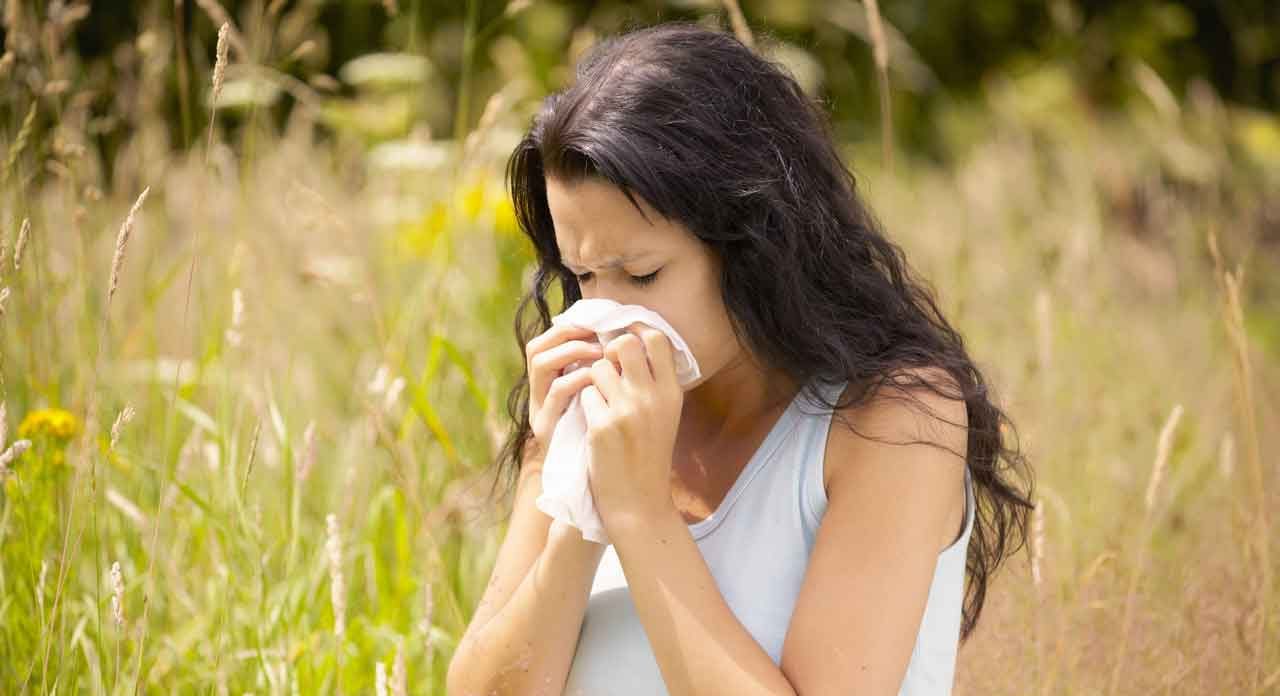Are Allergies Genetic?

If you search the internet for “are allergies genetic?” the answers range from a definite “yes” to an emphatic “no.” Here’s some clarity to the question.
Tom and Elaine Caine have terrible allergies. He can’t eat wheat or dairy. She’s allergic to peanuts. Their son inherited all of their allergies. Their daughter didn’t.
If you Google “are allergies genetic?” the answers range from a definite “yes” to an emphatic “no.” It’s not a simple question because of the many factors involved.
“It’s complicated,” Gary C. Pien, MD, PhD, director of research at Summit Medical Group in Berkeley Heights, N.J., said. “There does seem to be a genetic role in the development of allergies. For instance, having a parent or sibling with a peanut allergy increases that child's risk of also having a peanut allergy by seven-fold.”
YOU MIGHT ALSO LIKE: More Evidence It’s Ok to Feed Kids Peanuts
Pien talked about comparing twins. “If one child in a pair of identical twins has a peanut allergy, there is about a 64 percent chance the other twin does as well.”
Where it gets complicated is that this rate falls to about seven percent for fraternal twins. “Thus genetics are a risk factor for allergies,” he explained, “but there are likely environmental factors at work as well.”
Dust mites, pollen, and pet dander are among the top environmental allergens that affect up to 50 million Americans. It has been estimated that more than 85,000 chemicals may cause allergies.
Mary and Dan DeFranco are allergy-free. However, their son, Vincent, is allergic to pollen. “Every spring he develops flu-like symptoms,” Mary said. “The first time it happened, I thought he had the flu. He was 9 years old and had a runny nose, watery eyes, and kept on sneezing.”
She took her son to an allergist, and the pollen allergy was confirmed. “I wish I could do something to prevent it,” she said. “He really suffers from it. From the first of April through the end of the fall, I give him an over-the-counter allergy tablet. It helps a lot.”
At Vincent’s school, peanuts are banned because a few students have peanut allergies. “I know two of the kids,” said Vincent’s mom. “Their parents don’t have peanut allergies.”
So in that case, it’s not inherited, and there are no sure-fire ways to prevent the development of allergies in children. “Studies have not consistently shown a beneficial effect of food allergen avoidance during pregnancy or breastfeeding,” Pien said. “The use of probiotics, vitamins, and other supplements have not rigorously demonstrated a preventive effect either.”
YOU MIGHT ALSO LIKE: Let Them Eat Dirt!
Pien points out some interesting data that early introduction and frequent ingestion of peanuts reduce the risk of developing a peanut allergy. “Less clear is whether early exposure to other highly allergenic foods such as egg offers a similar benefit,” he said.
Allergies are unpredictable. A child without allergies can develop one later on in life and childhood allergies can disappear in adulthood. Yes, it’s confusing, and there’s no definite reason.
If you suspect that your child has an allergy, it’s important to take him to an allergist. The allergist will perform a simple scratch or prick test where your child’s arm will be pricked with a tiny amount of specific allergens. It takes about 20 minutes for the results. An inflamed or red blotchy patch indicates an allergic reaction. Excessive itching is another allergic symptom.
It’s a good idea to get your child tested because some maladies have the same symptoms of certain allergies.
Whether your child’s allergies are genetic or not, here are a few simple treatments:
- Children with allergies can take over-the-counter medications or get prescriptions from their allergist. Nasal sprays can also work. Talk to your allergist for the best recommendation.
- If the allergy is a seasonal one, keep windows shut and air conditioners on. Make sure the air conditioner setting is on recycle; that will filter the indoor air.
- With seasonal allergies, have your child bathe or shower at night before going to bed. That way he can wash away any pollen that clings to the hair and face.
- If the allergy is pet-related, keep your pets out of the bedroom.
- Avoid wearing perfumes and colognes. Many allergy sufferers are bothered by them.
- Keep your child hydrated. Water helps thin mucus and hydrates the airways.
For more information about allergies and allergy treatments, make an appointment to talk to an allergist.
Updated:
March 22, 2017
Reviewed By:
Janet O’Dell, RN